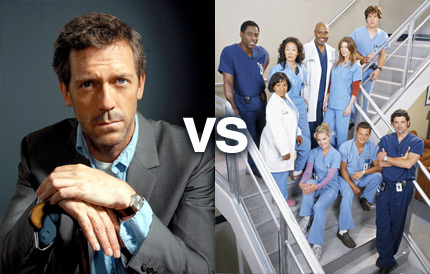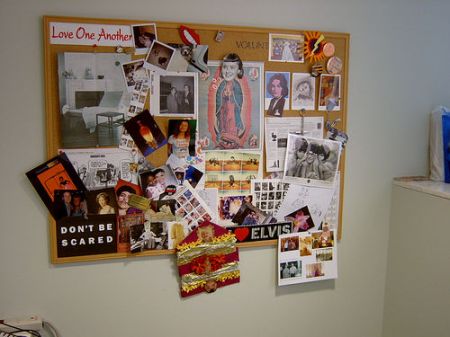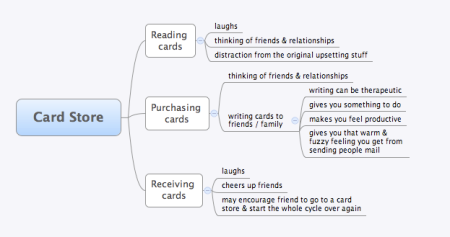I thought that these quotes would be especially appropriate after my series on coping skills.
Dr. Meredith Grey: In the hospital, we see addiction every day. It’s shocking, how many kinds of addiction exist. It would be too easy if it was just drugs and booze and cigarettes. I think the hardest part of kicking a habit is wanting to kick it. I mean, we get addicted for a reason, right? Often, too often, things that start out as just a normal part of your life at some point cross the line to obsessive, compulsive, out of control. It’s the high we’re chasing, the high that makes everything else fade away.
Dr. Meredith Grey: The thing about addiction is, it never ends well. Because eventually, whatever it is that was getting us high, stops feeling good, and starts to hurt. Still, they say you don’t kick the habit until you hit rock bottom. But how do you know when you are there? Because no matter how badly a thing is hurting us, sometimes, letting it go hurts even worse.
I’ve talked about this before, but I think that wanting to want to recover is a big roadblock in eating disorder treatment. Meredith explains it very well — we get addicted for a reason. The ED plays a role in our lives. You don’t go seeking an eating disorder… but for whatever reason (I’m sure largely biological), coping via food / exercise works for you. Restricting did give me some kind of a high, but more importantly it did make “everything else fade away.” Of course it didn’t SOLVE any issues… but it did somehow mask them and make them less important to me.
The eating disorder doesn’t “work” for me like it used to. It doesn’t give me that relief that I’m looking for. It doesn’t make stressors go away. 10 years ago, I felt some kind of sick accomplishment from restricting. Like somehow not eating made everything better. These days, maybe it deadens things a little bit, but largely it throws off my blood sugar and makes me feel like crap.
I’ll admit that for whatever reason, in many situations it’s still my first instinct to use the ED to cope. All the coping mechanisms I mentioned are attempts to replace the disorderedness with something healthier. But really, it takes three “healthy” coping mechanisms to offset one unhealthy one. The kudos chart is an everyday thing and a bad day might require coloring AND card shops.
I think a lot of people struggle with feeling like they still need their ED. Even if it is kinda ruining their lives and not working like it did in the past, they still feel like they won’t be able to deal without it. If you’re trying to replace that disorderedness with bubble baths and crafts — well, that’s a tough sell.
I’m not saying it’s not worth it or that EDs are just unhealthy coping skills… I’m just saying that recovery takes a lot of coping skills. You burn some of them out (for instance, reading does not help me like it used to) and have to be creative and come up with new ones. And sometimes they feel ridiculous. Heck, I’m in my mid-20s and googling “print complicated coloring pages.” My kudos chart is remarkably similar to the sticker chore chart that I had when I was seven. I’m not sure any of this is “normal,” but hey, it helps. Ridiculous or not — just go with it.




